The Modern Japanese Garden
Herb
19 years ago
Related Stories
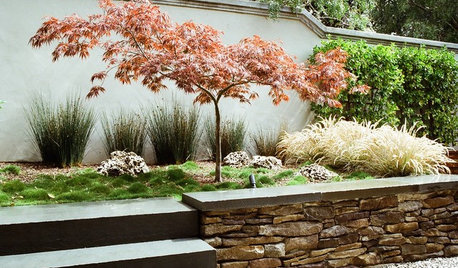
GARDENING AND LANDSCAPINGGreat Design Tree: Japanese Maple
Lacy form and fiery fall color make Japanese maple a welcome tree for garden or patio
Full Story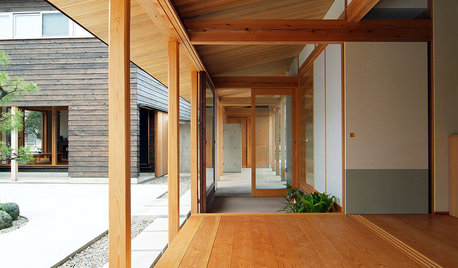
HOMES AROUND THE WORLDEast Meets West in 3 Modern Japanese Homes
Contemporary Japanese houses often mix traditional and Western elements. These hybrids offer the best of both worlds
Full Story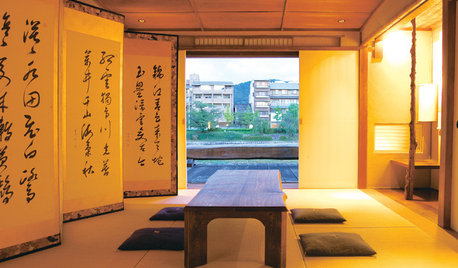
DECORATING STYLESLook to Historic Japanese 'Machiya' Homes for Modern Intrigue
Ancient architectural roots meet modern tastes in these Kyoto homes, making them highly sought by design lovers everywhere
Full Story
KITCHEN OF THE WEEKKitchen of the Week: A Modern Kitchen With Japanese Style
A chopped-up space becomes a social cook’s dream kitchen
Full Story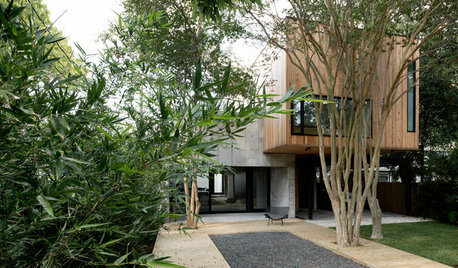
MODERN ARCHITECTUREHouzz Tour: A Concrete Box Home With Japanese Style
A love of Japan’s minimalistic style and the use of concrete make for a mystical experience in this Houston home
Full Story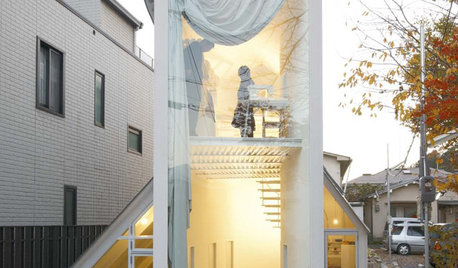
EXTERIORS6 Innovative New Japanese Houses
New book, "How to Make a Japanese House,' celebrates rampant innovations in design for tight quarters
Full Story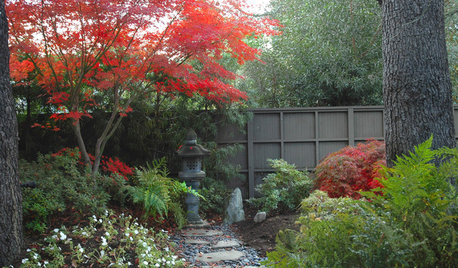
LANDSCAPE DESIGNLay of the Landscape: Create the Beauty of a Japanese Garden
Balance, enclosures and the forms of nature combine in serene Japanese garden design. Bring the look home with some of these principles
Full Story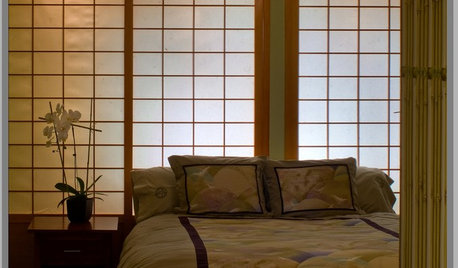
Design Solution: Japanese Shoji Screens
See How Light-Filled Shojis Create Serene Spaces for Modern Homes
Full Story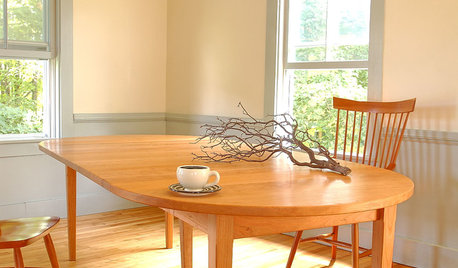
DECORATING GUIDESStrange but True Parallels Between Early Western and Old Japanese Style
Part 1 of our 'wabi-sabi' series: in which Shaker and Arts and Crafts designs reveal simplicity, modesty and integrity
Full StorySponsored






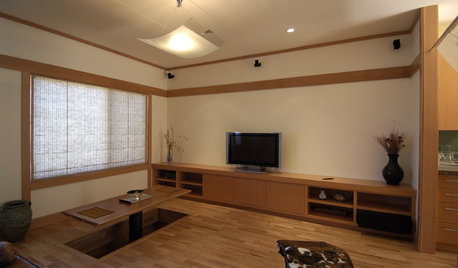
FranVAz7
Lee_ME
Related Professionals
Bedford Heights Landscape Contractors · Bloomington Landscape Contractors · Crystal Landscape Contractors · Flagstaff Landscape Contractors · Mission Landscape Contractors · Muttontown Landscape Contractors · Porterville Landscape Contractors · Santa Ana Landscape Contractors · Wanaque Landscape Contractors · Markham Landscape Contractors · Bainbridge Island Decks, Patios & Outdoor Enclosures · Grandview Decks, Patios & Outdoor Enclosures · Lenoir Decks, Patios & Outdoor Enclosures · Pittsburgh Decks, Patios & Outdoor Enclosures · Renton Decks, Patios & Outdoor Enclosuresgerald
coachsmyth
gerald
Jando_1
HerbOriginal Author
gerald
HerbOriginal Author
gerald
HerbOriginal Author
downtowner
keithnotrichard
Archer55
DonPylant
gerald
patjonking
gerald
asuka
gerald
keithnotrichard
gerald
HerbOriginal Author
DonPylant
gerald
HerbOriginal Author